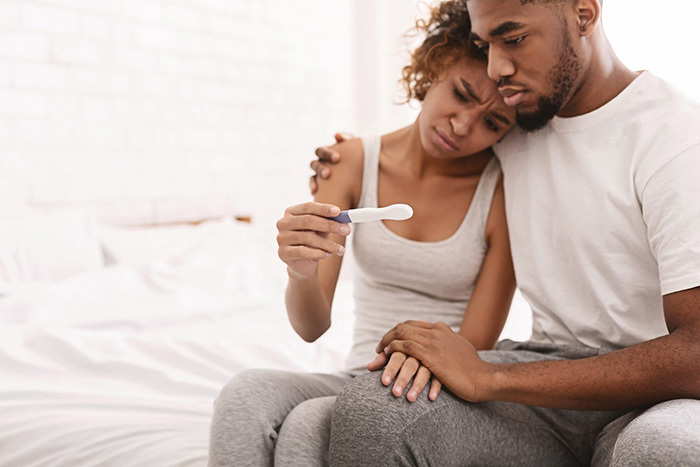When diagnosed with cancer, there are many decisions and treatment plans. One potential consideration is the future of your fertility. Future fertility may not be at the forefront of concern if family planning isn’t your immediate desire, but it’s important to understand how a cancer surgery or treatment may affect fertility before having the surgery or starting treatment. Depending on your circumstances, you might have to start the conversation yourself and be an advocate for your future fertility.
Certain types of cancer may have a higher likelihood of fertility problems. Children and teenagers who have cancer are often of particular concern.
Fertility for Men After Cancer
Certain types of cancer treatment can affect your hormones and your ability to get a partner pregnant in the future. Some treatments cause temporary infertility, while others could be more permanent.
Chemotherapy can damage sperm (informally, some support groups refer to this as “chemo sperm”), and radiation can harm fertility when it is directed at the testicles, nearby pelvis or abdomen, or the whole body. Future infertility can also result from radiation to the brain and pituitary gland (a hormone-producing gland at the base of the brain).
Not all individuals become infertile after cancer treatment. The impact that cancer treatment may have on your hormones depends on many factors:
- Type and amount of chemotherapy
- Dose and location of radiation therapy
- Site of surgery
A fertility test (semen analysis) can help determine if your fertility has been affected.





